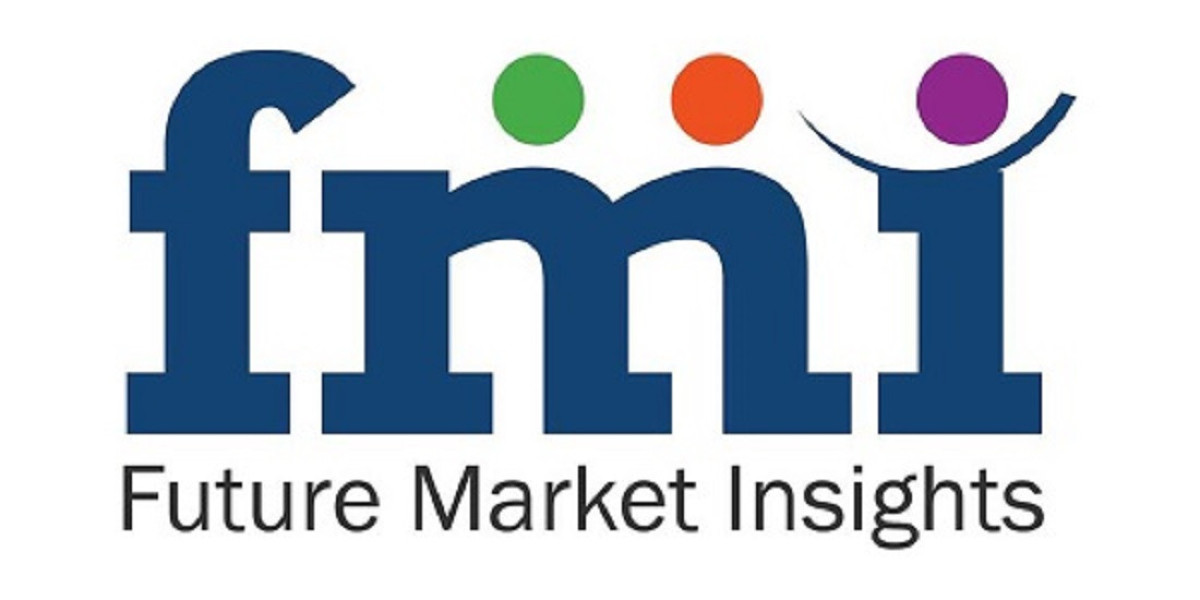Introduction
Transparency in supply chains has become a critical issue for global businesses, especially in light of human rights concerns. Luxshare Precision, a major supplier for Apple, is currently under scrutiny for alleged forced labor practices involving Uyghur workers in Xinjiang, China. This article explores the apple suppliers, the specific allegations against Luxshare, and how Apple is responding to these challenges.
The Allegations Against Luxshare
Luxshare Precision is accused of using forced labor from Uyghur workers in Xinjiang, a region known for severe human rights abuses by the Chinese government. Reports indicate that Uyghurs are subjected to mass detentions, forced assimilation, and coerced labor as part of state-run programs. These allegations suggest that Luxshare, whether knowingly or unknowingly, might be complicit in these practices through its supply chain operations.
Such allegations pose significant risks for Luxshare, including reputational damage and potential legal consequences. The company's involvement, if proven, would also implicate its major clients, such as Apple, raising questions about their commitment to ethical sourcing.
Luxshare's Position and Actions
Luxshare has denied the allegations, stating that it adheres to strict ethical standards and conducts regular audits to ensure compliance with labor laws. The company emphasizes its investments in technology, automation, and workforce training to maintain ethical operations. However, these claims have not fully dispelled concerns, as independent verification and transparency are lacking.
To address these issues, Luxshare needs to enhance its supply chain transparency. This involves implementing robust mechanisms for monitoring labor practices, conducting independent audits, and publicly disclosing the findings. By doing so, Luxshare can demonstrate its commitment to ethical business practices and rebuild trust with stakeholders.
Apple's Response and Ethical Sourcing Policies
As a key client of Luxshare, Apple is deeply affected by these allegations. Apple has a well-established Supplier Code of Conduct that outlines its expectations for labor practices, human rights, and environmental responsibility. The company claims to enforce these standards through rigorous audits and has a zero-tolerance policy for forced labor.
In response to the allegations against Luxshare, Apple has pledged to investigate the claims thoroughly. This includes reviewing Luxshare's compliance with Apple's ethical standards and taking corrective actions if any violations are found. However, critics argue that Apple should increase its transparency by publicly disclosing audit results and providing more detailed information about its supply chain practices.
Apple's commitment to ethical sourcing is critical not only for maintaining its reputation but also for setting an industry standard. By enhancing transparency and accountability, Apple can lead the way in promoting human rights and ethical practices in global supply chains.
The Broader Context of Supply Chain Transparency
The situation with Luxshare and Apple is part of a larger conversation about supply chain transparency and corporate responsibility. Ensuring ethical practices in global supply chains is a complex challenge, particularly when operations extend into regions with known human rights abuses. Companies must navigate geopolitical complexities, regulatory requirements, and operational demands while upholding ethical standards.
Recent regulatory measures, such as the Uyghur Forced Labor Prevention Act in the United States, highlight the increasing focus on supply chain transparency. This legislation prohibits the import of goods produced using forced labor in Xinjiang, compelling companies to demonstrate that their supply chains are free from such practices. Compliance requires comprehensive due diligence, independent audits, and innovative approaches to supply chain monitoring.
The Importance of Independent Audits
Independent audits play a crucial role in verifying ethical practices and ensuring supply chain transparency. For companies like Luxshare and Apple, relying solely on internal audits is insufficient. Independent audits provide an objective assessment of labor practices and can help identify potential violations that might be overlooked.
Collaboration with third-party organizations specializing in human rights and labor standards can enhance the credibility of audits. These organizations can conduct thorough investigations, provide unbiased reports, and offer recommendations for improvement. By incorporating independent audits into their supply chain management, companies can better address human rights concerns and demonstrate their commitment to ethical sourcing.
Moving Forward: Strategies for Enhancing Transparency
To address the allegations and improve supply chain transparency, Luxshare and Apple should consider several strategies:
Implementing Comprehensive Audits: Conduct regular, independent audits of all suppliers, particularly those in high-risk regions like Xinjiang. Ensure that audit findings are publicly disclosed to enhance transparency and accountability.
Strengthening Due Diligence: Enhance due diligence processes to identify potential risks related to forced labor and human rights abuses. This includes using advanced technologies for supply chain monitoring and risk assessment.
Collaboration and Engagement: Collaborate with human rights organizations, industry groups, and other stakeholders to develop and implement best practices for ethical sourcing. Engage with affected communities and workers to understand their concerns and address them effectively.
Public Reporting and Transparency: Increase transparency by publicly reporting on supply chain practices, audit results, and corrective actions taken. This can help build trust with stakeholders and demonstrate a genuine commitment to ethical business practices.
Conclusion
The allegations of forced labor involving Luxshare and its connection to Apple's supply chain highlight the critical importance of supply chain transparency. Addressing these challenges requires a concerted effort from both companies to enhance their monitoring, auditing, and reporting practices. By doing so, Luxshare and Apple can reaffirm their commitment to ethical sourcing and set a positive example for the broader technology industry.








